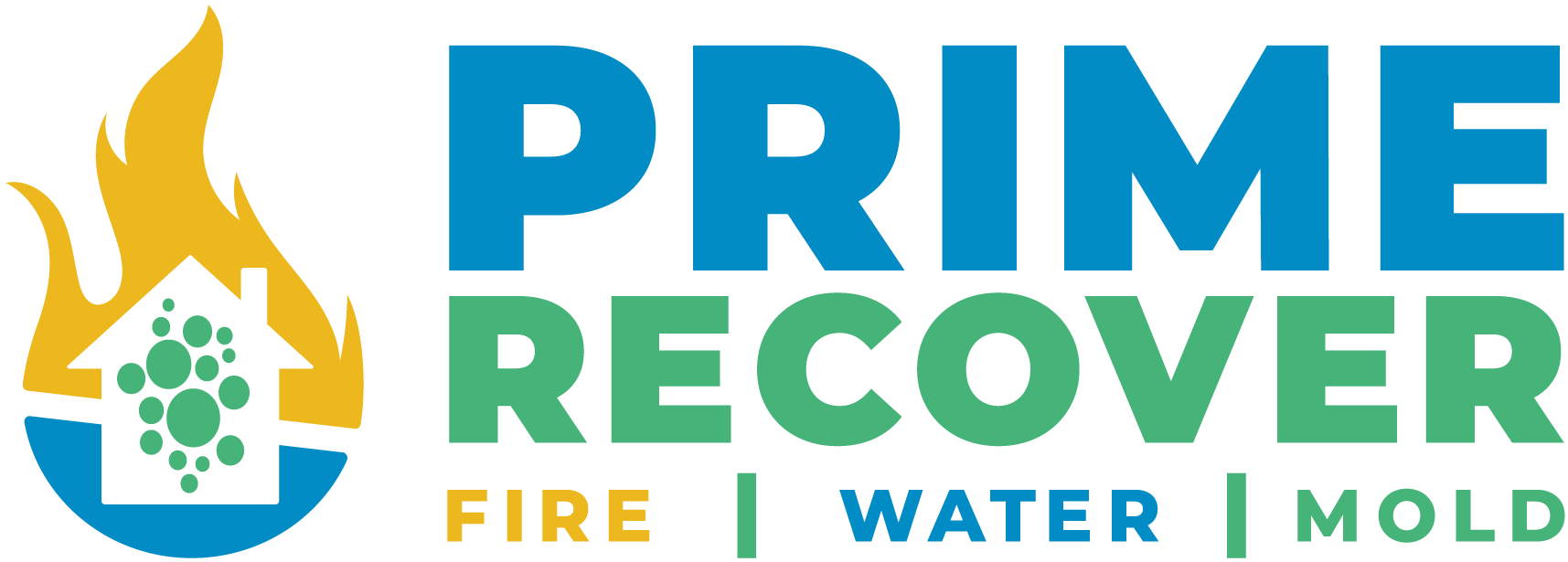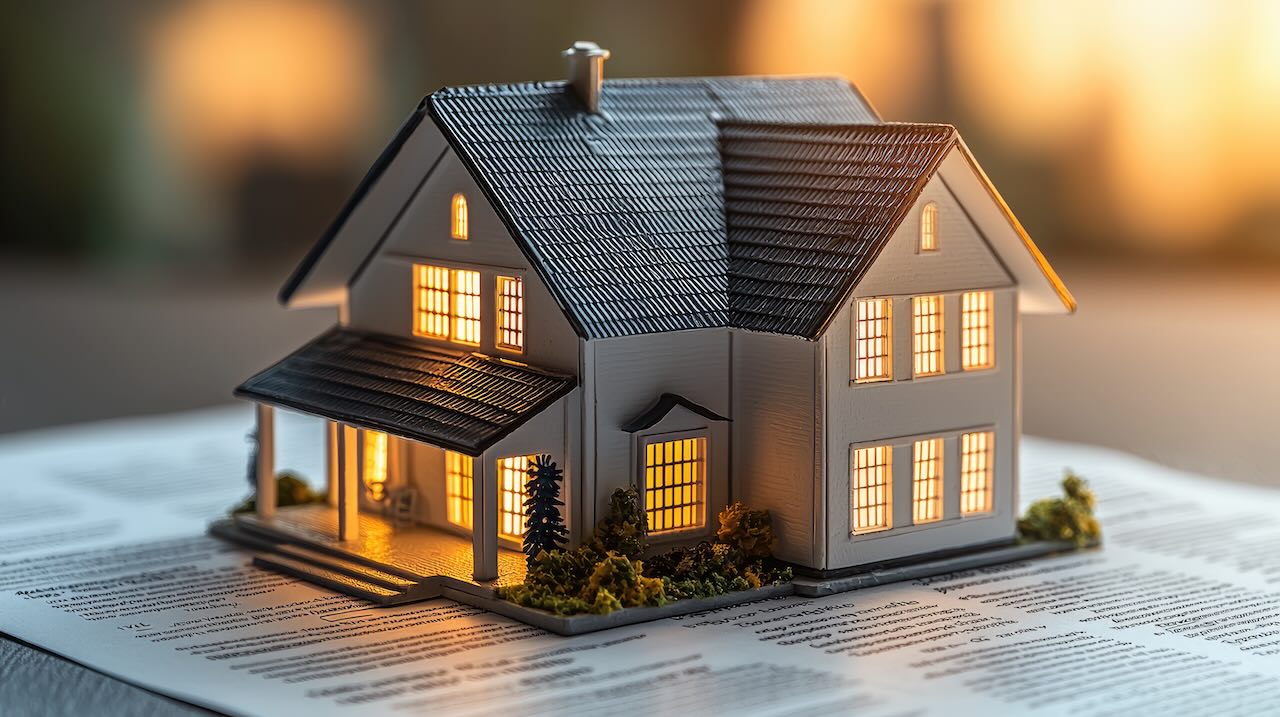Choosing the right remediation company can be daunting, especially in the aftermath of a crisis. Here are key questions to ask before hiring a restoration team:
- Are you licensed and insured? Verify that the company has proper certification and insurance to protect you and your property.
- What’s your experience with my specific type of damage? Whether it’s mold, water, or fire, ensure they have experience with your particular issue.
- Do you provide free assessments? A reputable company will often provide a no-obligation assessment before starting work.
- How do you handle insurance claims? Check if the company has experience working with your insurance company and can help streamline the claims process.
- What is your emergency response time? Speed is critical in remediation. Ask about their response time for urgent situations.
Prime Recover is committed to transparency and customer satisfaction. Our experienced team is ready to answer your questions and guide you through the remediation process.



